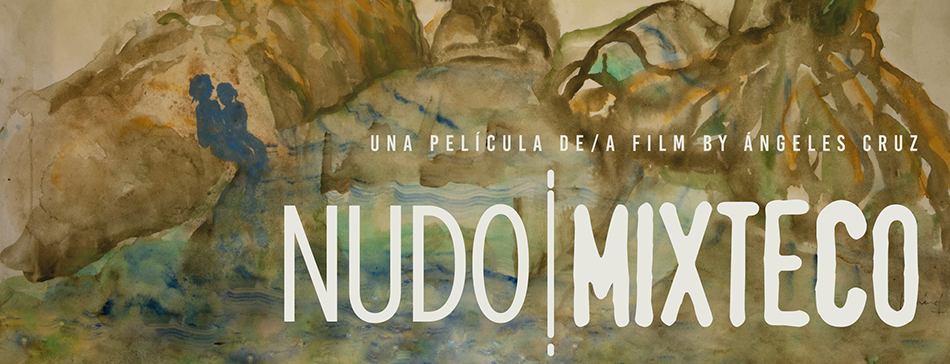The 29th “REEL” LATIN AMERICA(N) FILM FESTIVAL
"; A P R I D E M O N T H E V E N TNudo Mixteco
Director: Ángeles Cruz, Mexico, 2021
Length: 91 minutes
About the film:https://pragda.com/film/nudo-mixteco/
Rating: NR (Sex, LGBTQ themes, Bullying, violence)
Showtime(s) and location(s):
Thursday, October 6, 7:00 p.m., Cultural & Equity Center (@ UofL/120 E Brandeis Ave)
In Spanish & Mixteco with English subtitles
Taking place in a rural Mixtec village in Oaxaca, southern Mexico, Nudo Mixteco follows the return of María, Esteban, and Toña, each from a different direction. Each of them has a different reason for coming back, just like each had a different reason to leave in the first place. However, all three face a confrontation that will force a turning point in their lives.
María buries her mother, her father rejects her, and in uncertainty, she asks her childhood love, Piedad, to leave with her. Esteban returns after three years to discover that Chabela, his wife, is living with another man. Enraged he calls the village people to prosecute her in an assembly. Toña, faced with her daughter’s abuse, relives her own pain when she returns to confront her family to protect her.
Narrated from the point of view of the women, the three stories momentarily intersect with each other and together paint an exceptional picture of the local culture, in which filmmaker Ángeles Cruz herself grew up. Festivities, rituals, and a village council that acts as a tribunal – these elements make up the fabric of a community that should offer protection, warmth, and security. However, the fates of the three protagonists will reveal a constant fight against age-old patriarchal power and prejudice.
Synopsis from the Pragda site.
En español y mixteco con subtítulos en inglés
Situada en un pueblo rural mixteco de Oaxaca, al sur de México, Nudo Mixteco acompaña el regreso de María, Esteban y Toña, cada uno desde un lugar diferente, y con una razón distinta para volver. Así también cada uno tuvo una razón diferente para marcharse. Sin embargo, los tres deben de lidiar con situaciones que les forzarán a dar un giro en sus vidas.
María entierra a su madre, su padre la rechaza y, en la incertidumbre, le pide a su amor de la infancia, Piedad, que se vaya con ella. Esteban regresa después de tres años para descubrir que Chabela, su mujer, vive con otro hombre. Enfurecido, convoca a la gente del pueblo para enjuiciarla en una asamblea. Toña, ante los abusos de su hija&rsquo, revive su propio dolor cuando vuelve a enfrentarse a su familia para protegerla.
Narradas desde el punto de vista de las mujeres, las tres historias se entrecruzan momentáneamente entre sí y juntas pintan un cuadro excepcional de la cultura local, en la que la propia cineasta Ángeles Cruz creció. Fiestas, rituales y un consejo de la aldea que actúa como tribunal, son elementos que conforman el tejido de una comunidad que debería ofrecer protección, calor y seguridad. Sin embargo, los destinos de las tres protagonistas revelarán una lucha constante contra el poder y los prejuicios patriarcales ancestrales.
